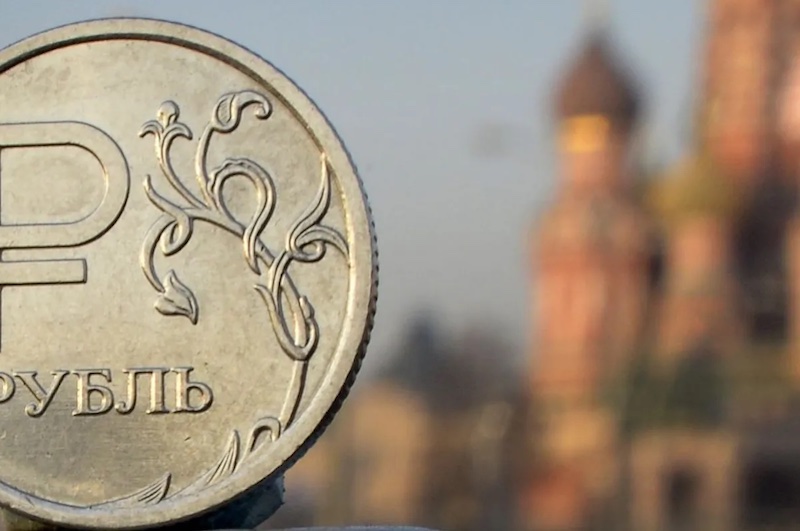Russia’s central bank has proposed banning domestic investors with holdings worth less than $550,000 from buying foreign shares, as western sanctions have prompted investor outflows, largely to Chinese, Hong Kong and Gulf stock markets.
Moscow has had a retail investment boom since the Covid-19 pandemic, and Filip Gabunia, vice-president of the Central Bank of Russia, said more 5 million citizens own shares in foreign companies with a market value of 320 billion roubles ($5.85 billion).
The boom has been driven by a record number of domestic share flotations and low deposit rates. Many Russians also bought foreign shares using accounts now frozen since Moscow invaded Ukraine in February.
Russia’s second largest bourse, SPB Exchange, which specialises in foreign shares, said in May up to 14% of US-listed shares held by its clients should be transferred to a non-trading account, due to restrictions imposed by Brussels-based depository Euroclear.
Last month, SPB Exchange said investors could buy Hong Kong-listed companies’ securities on the St Petersburg bourse’s own platform.
St Petersburg Offers Hong Kong Shares
On June 20, SPB Exchange began trading in 12 securities whose primary listing is on the Hong Kong Stock Exchange and will provide access to exchange infrastructure enabling brokers to carry out trial operations.
“This gives brokers an opportunity to configure, at a functioning stock market, their accounting systems for transactions in a new currency—Hong Kong dollars,” Julia Kuznetsova, an SPB spokeswoman, told Asia Financial.
“As the market develops, plans are in place to gradually expand the list of Hong Kong–based securities, reaching 200 by the end of 2022 and 1,000 at some point in 2023,” she said.
During a press conference in Moscow on Thursday, the central bank said the ban on assets below $550,000 was to protect smaller investors from potential problems with freezing access to capital.
However, some analysts said there are many indications that there is a desire to stop the outflow of currencies from the country.
“Following restrictions on Russian investors in Canada, the US, UK and the European Union, trade has shifted towards Hong Kong, Beijing and the Middle East stock exchanges,” the Polish new economy media site Wirtualny Nowy Przemysł noted.
- George Russell, with Reuters
























